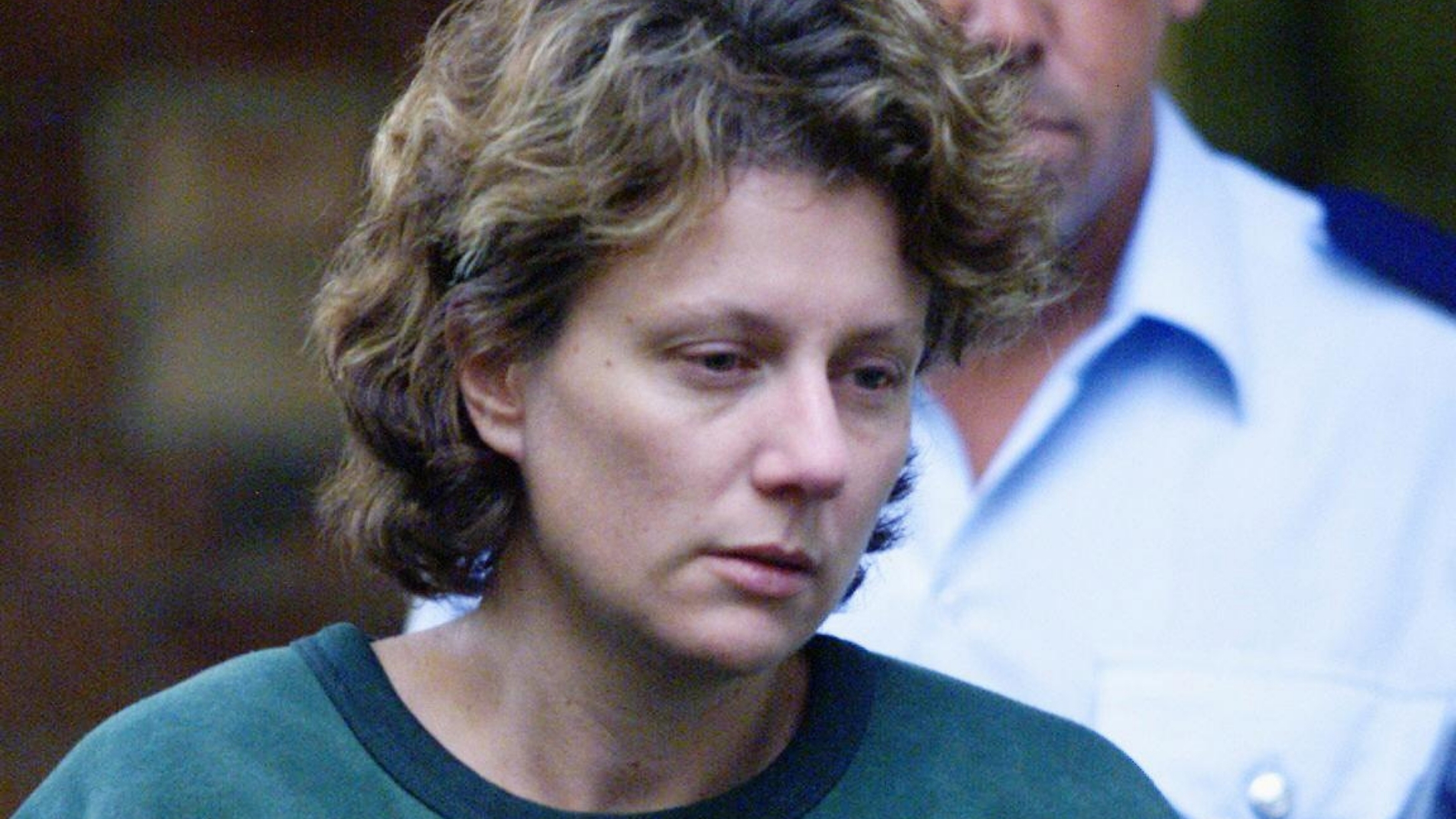
An Australian woman regarded as one of the worst serial killers they've ever seen may be innocent, scientists are arguing.
It's been 19 years since Kathleen Folbigg was convicted of murdering all four of her own children, each before they reached the age of 2, over a decade. Investigators believed Folbigg was smothering the children during periods of frustration.
In May 2013, Folbigg was found guilty of three counts of murder, one count of manslaughter, and one count of maliciously inflicting grievous bodily harm. Scientists are now saying they don't believe that Folbigg could have killed her children. Over 90 experts and advocates have banded together to try to fight her conviction.
Kathleen Donovan grew up in foster care after her father murdered her mother when she was 18 months old. At 20 years old in 1987, Kathleen married Craig Gibson Folbigg. The two started a family in 1989 with son Caleb, who died at 19 days old, beginning a heartbreaking trend among the Folbigg children.
Initially, Caleb was believed to have died from sudden infant death syndrome (SIDS). In 1990, the couple welcomed another baby boy, Patrick. Patrick was healthy until at 4 months old he exhibited brain damage and seizures that seemed to result from ALTE, or an apparent life-threatening event. At 8 months old, Patrick died from his seizures.
The couple welcomed a third child, Sarah Kathleen, in October 1992. However, the little girl would meet the same misfortune. She died at 10 months old, with SIDS also believed to be the cause. The couple let go of the idea of having children for a few years following.
In August 1997, they welcomed daughter Laura Elizabeth. Though she was their longest-living child, she died at 18 months in February 1999. At that point, the marriage fell apart, and police began investigating the children's deaths.
On April 19, 2001, Kathleen Folbigg was arrested. Investigators believed she strangled all four of her children. Despite a lack of forensic proof, she was convicted in a 2003 jury trial based on feelings of guilt expressed in a diary she kept, which was used as evidence. That October, she was sentenced to 40 years in jail with parole eligibility in 30.
A group of scientists and medical professionals are now coming together to fight Folbigg's conviction. Over 90 eminent scientists, science advocates, and medical experts signed a petition given to the governor of New South Wales, requesting her release and pardon. Among the signatories were two Nobel laureates, two Australians of the Year, and a former chief scientist.
One of these experts was John Shine, an Australian Academy of Science professor, who wrote, "Given the scientific and medical evidence that now exists in this case, signing this petition was the right thing to do."
Experts explain that after conducting genome sequencing on the children, they discovered that Laura and Sarah had a "novel mutation" in the CALM2 gene. The mutation could lead to sudden death in infancy and childhood, while a different genetic mutation found could explain natural causes of death for the two boys as well.
"The science in this case is compelling and cannot be ignored," human geneticist and researcher Jozef Gecz said in the petition, per the BBC.
"It is deeply concerning that medical and scientific evidence has been ignored, in preference of circumstantial evidence. We now have an alternative explanation for the death of the Folbigg children," added child and public health researcher Fiona Stanley.
The court had not been receptive to previous appeals, and this one wasn't any different. The court rejected a special inquiry following the petition, but many are determined to keep fighting. This scientific push can be a game changer in how the remainder of Folbigg's life unfolds.
Inquiry into this case is still ongoing.




